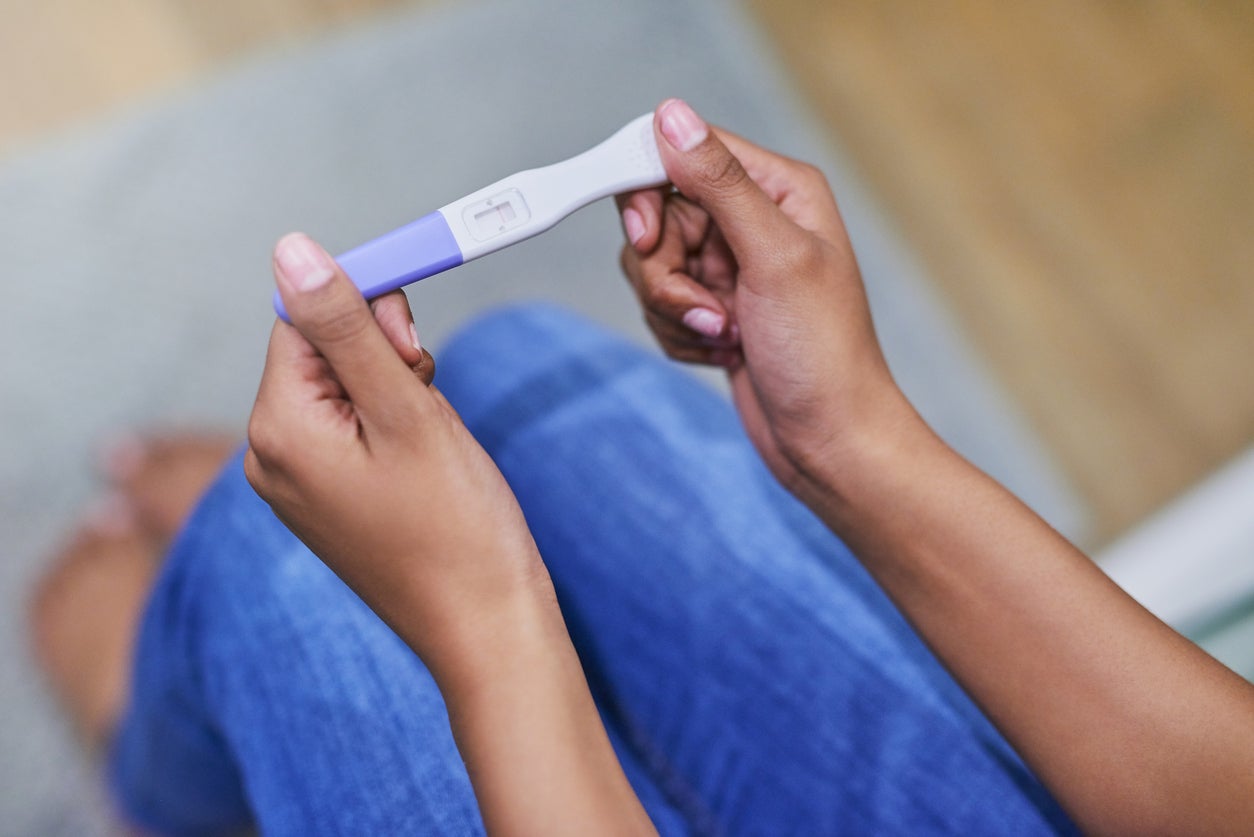Four of 10 most common epilepsy medications increase risk of baby ‘having physical birth defect if taken while pregnant’
‘Past mistakes must not be repeated. We know that the consequences of women not knowing information such as this can be devastating,’ says campaigner

Four of the 10 of the most common epilepsy medications increase the risk of a baby having a physical birth defect when born if they are taken while a woman is pregnant, a government review has found.
The Medicines and Healthcare products Regulatory Agency, which analysed 10 of the most widely distributed epilepsy medicines, found carbamazepine (brand name Tegretol), phenobarbital, phenytoin (Epanutin) and topiramate (Topamax) were all potentially dangerous.
Campaigners warn the choices of thousands of women who have epilepsy will be impacted by the findings - with the research also raising anxiety among women about the impact such medicines have already had on their babies.
The agency, which monitors whether medicines and health devices are safe, discovered some of the medicines increase the risk of children having learning or thinking difficulties as they get older.
Researchers decided to look at whether the medicine was safe after anti-epilepsy medication sodium valproate - which has the brand name Epilim - was found to increase the risk of birth defects and developmental problems in babies if consumed while pregnant.
Epilepsy Action called for the findings to be urgently distributed to healthcare professionals so they can inform women of the risks associated with such medicines.
Louise Cousins, a spokesperson for the national charity, said: “Past mistakes must not be repeated. We know that the consequences of women not knowing information such as this can be devastating. No woman or girl should be taking an anti-epileptic medication without them, or their family, being aware of the risks.
"Women with epilepsy often face difficult choices when they consider how to manage their condition through pregnancy. It is essential that they receive pre-conception counselling so they can work with their health professionals to make an informed choice.
“The review was unable to establish the risk in pregnancy of more epilepsy medications than those it was able to reach conclusions about. This is deeply concerning.”
Ms Cousins said more studies need to be “urgently” carried out to analyse the risks of epilepsy medicines in pregnancy as she urged people with concerns about epilepsy medication they are taking, or have previously taken, to discuss this with their doctor or nurse, or call the Epilepsy Action Helpline on 0808 800 5050.
The charity noted women must neither stop nor change how they take their epilepsy medication without first consulting their doctor - adding that uncontrolled epilepsy damage both the mother and the unborn baby.
Researchers who carried out the latest review found none of the problematic medicines held as much risk if consumed while pregnant as sodium valproate.
A recent report found one in 10 women currently taking sodium valproate do not know about the potential risk of birth defects if women take it while pregnant.
The survey, conducted by epilepsy charities, of 751 British women and teenagers who are taking the medication found almost a fifth do not know the medicine can also potentially cause learning and developmental delays in children if taken during pregnancy.
Researchers estimate one in 10 babies born to women who take sodium valproate while pregnant could have birth defects — with up to 40 per cent being at risk of having developmental issues and learning disabilities.
Dr Sarah Branch, of the Medicines and Healthcare products Regulatory Agency, said: “Patient safety is our highest priority, and we are committed to making sure women are aware of the risks of taking certain epilepsy medicines during pregnancy, particularly valproate.
“We have shared this important review with doctor and nurses so they can use it to inform discussions with their patients.”
Subscribe to Independent Premium to bookmark this article
Want to bookmark your favourite articles and stories to read or reference later? Start your Independent Premium subscription today.

Join our commenting forum
Join thought-provoking conversations, follow other Independent readers and see their replies